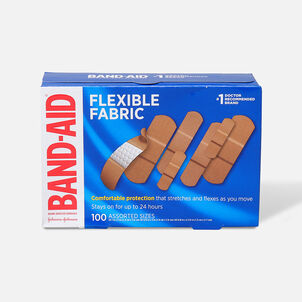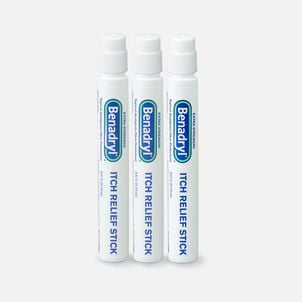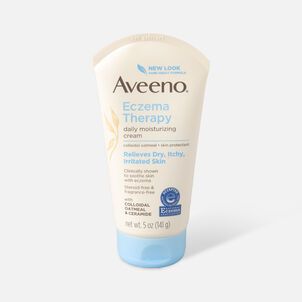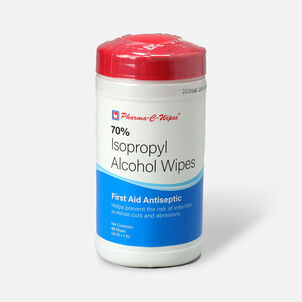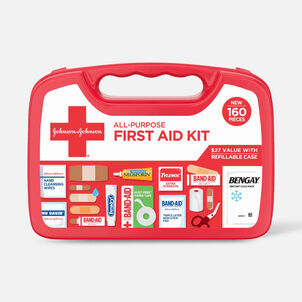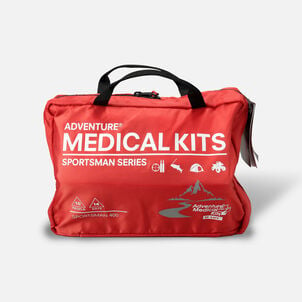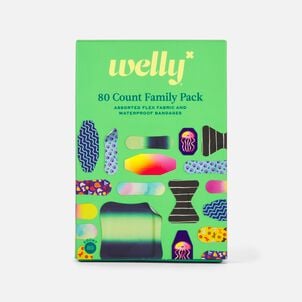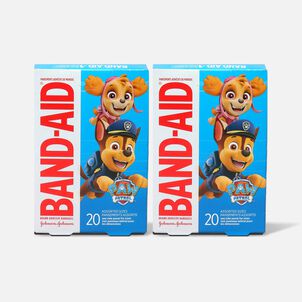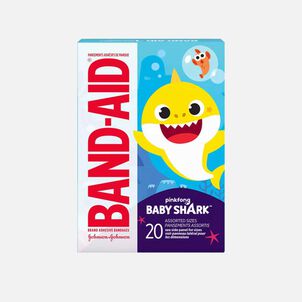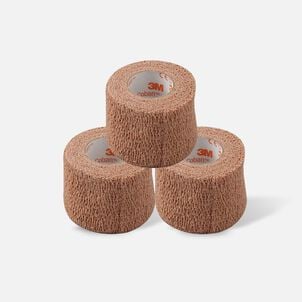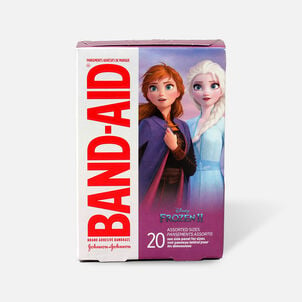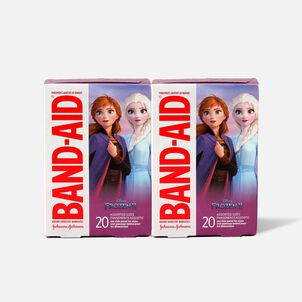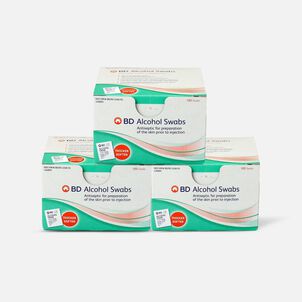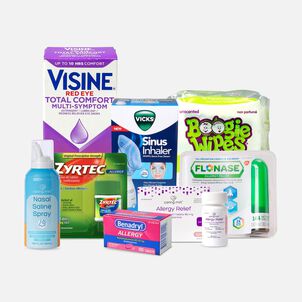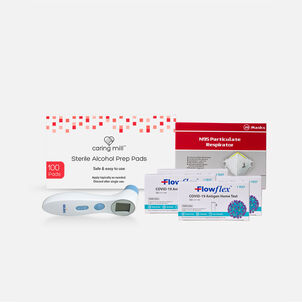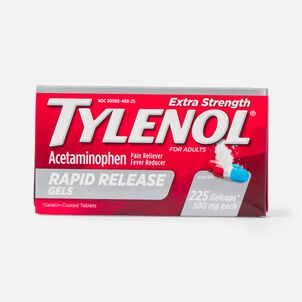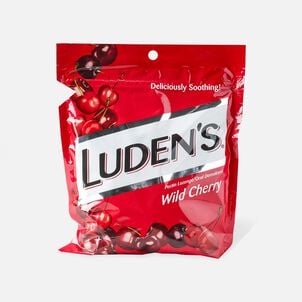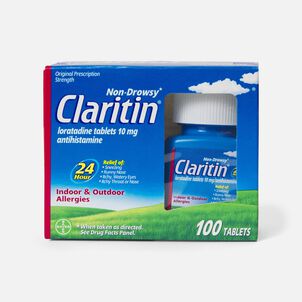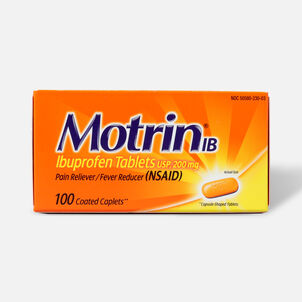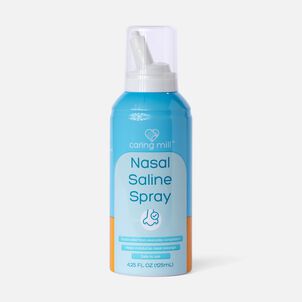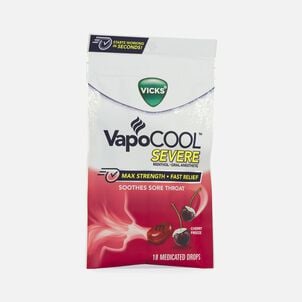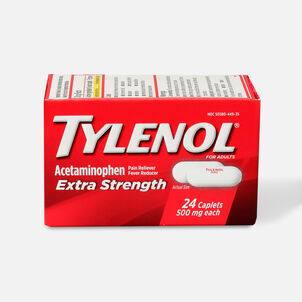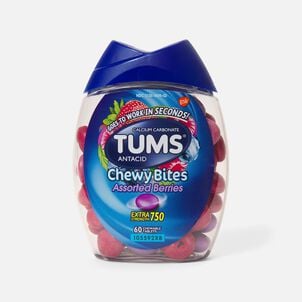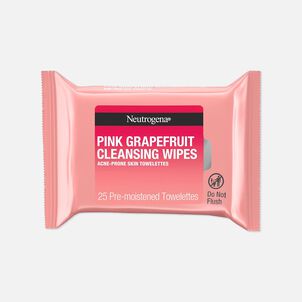It's a great feeling when you find exactly the item you were looking for during the holiday season. After scouring the aisles for just the right thing, you walk to the checkout counter with your head held high, grinning from ear to ear as you set down your… antiseptic ointment?
As we move closer and closer to the end of December, you may find yourself scrambling to purchase more than just holiday presents. That's because for many, FSA funds expire at the end of the year, so anyone with a well stocked-account should be thinking of creative ways to spend that money. So although you can't use your FSA funds to buy gifts for friends, you can take this opportunity to update your home's first aid capacity.
Chances are, you haven't updated your first aid kit in a while - or you never had one to begin with. Thankfully, most items you would need to put together a first aid kit can be purchased with FSA funds.
Here are some of the most common items you'll find in a first aid kit, and whether or not you can purchase them with money from your FSA account.
1. Pain reliever
There are multiple types of pain relievers you can have in a first-aid kit, but the most common are ibuprofen and acetaminophen.
Both ibuprofen and acetaminophen can relieve pain associated with menstrual cramps, headaches, sprains and more. Ibuprofen can also reduce inflammation, while acetaminophen can be used to reduce a fever.
You can use your FSA to purchase either generic or name-brand pain relievers.
2. Bandages
Bandages are essential to any first-aid kit. You should have a variety of types and sizes, including bandages with antibiotic ointment, large gauze pads and waterproof bandages.
You can also buy bandages for blisters, antiseptic liquid bandage spray and hydrocolloid bandages for acne and other wounds. If you have kids, you can even use your FSA funds to buy bandages with cartoon characters or fun colors.
3. Thermometers
If your thermometer is old or unreliable, now is the perfect time to upgrade it. Every type of thermometer is FSA-eligible, including ear, forehead and digital thermometers. Even smart thermometers that sync to your phone are FSA-eligible.
While forehead thermometers are less invasive and more hygienic, oral thermometers seem to be the most reliable according to most medical professionals.
4. First-aid kit
If you don't want to buy items individually, you can use your FSA funds to purchase an all-encompassing first-aid kit.
You should keep a first-aid kit at home, in your car and at work. You can also buy a first-aid kit for your kids to have at school. You can buy a large kit to keep at home and small travel kits to stash in your car, purse or backpack.
If you already have a first-aid kit, go through it and see if anything is missing. Check the expiration dates on the medicine and make sure the bandages still have an adhesive quality.
5. Topical anesthetic
A topical anesthetic is used to numb the area where it is applied. It's most commonly used after an insect sting or bite, or after coming in contact with poison ivy, poison oak or a similar plant.
If you frequently go hiking in the woods, it may be useful to include a topical anesthetic in your bag. Otherwise keeping it in your at-home first-aid kit is perfectly fine.
6. Antihistamine
Having an antihistamine in your first-aid kit will help with allergic reactions.
There are two types of antihistamines. First-generation antihistamines generally cause drowsiness and last a few hours. Second-generation antihistamines rarely cause drowsiness and last longer.
You can also buy an antihistamine with a decongestant to clear up a runny or stuffy nose.
7. Burn relief
Burn relief cream and gel is handy to have in your first-aid kit because they can relieve pain and irritation from minor burns. Burn dressings, pads and sprays are also FSA-eligible.
Only specific types of burn gel are FSA-eligible. For example, products that are 100% aloe vera are only eligible with a Letter of Medical Necessity from a medical professional.
If you wear glasses, you're probably frequently cleaning them with the edge of your shirt or a towel. The problem is, doing this can scratch your glasses. Use your leftover FSA funds to buy some lens cleaning tissues to clean your glasses more effectively and safely.
You can also use your FSA to buy an eyeglass repair kit, which contains a small screwdriver and extra screws in case your glasses fall apart. Keep one at home, at work and in your car.
Even though menstrual products are not included in most first-aid kits, they're an essential item that most women need.
Plus, as of 2020, menstrual products are now FSA-eligible. This applies to tampons, pads, panty liners, menstrual cups and period panties. If you've never tried a menstrual cup or pair of period panties, now is a good time to start.
These are also a good item to consider around this time of year because they never expire.
If you have contacts, you probably find yourself running out of contact lens solution or not having it when you need it most.
Contact lens solution is FSA-eligible, so it may be a good idea to refresh your supply. Be sure to check the expiration dates so you don't buy a bottle close to expiring. Both regular and hydrogen peroxide-based solutions are FSA-eligible.
Travel size bottles are also eligible for FSA reimbursement. These are good to keep in your glovebox, gym bag or at work. If your child wears contacts, you can buy them a small bottle to keep in their backpack or school locker.
How to Use Your FSA
If you have an FSA card, you can use it like you would any debit or credit card. Choose your FSA-eligible items and checkout with the FSA card.
If your FSA company doesn't provide a card, you'll have to use another form of payment and then submit the receipt for reimbursal. You'll also have to upload the receipt as proof that you spent the funds on qualifying medical expenses.
-
Thanks for visiting the FSA Learning Center! To stay on top of all FSA news that can affect your health and financial wellness, be sure to follow us on Facebook and Twitter.
Zina Kumok
Zina Kumok is a freelance writer specializing in personal finance. A Certified Financial Health Counselor and Student Loan Counselor, she also works as a money coach helping people one-on-one at Conscious Coins. She has been featured in Lifehacker, DailyWorth and Time. She paid off $28,000 worth of student loans in three years.


